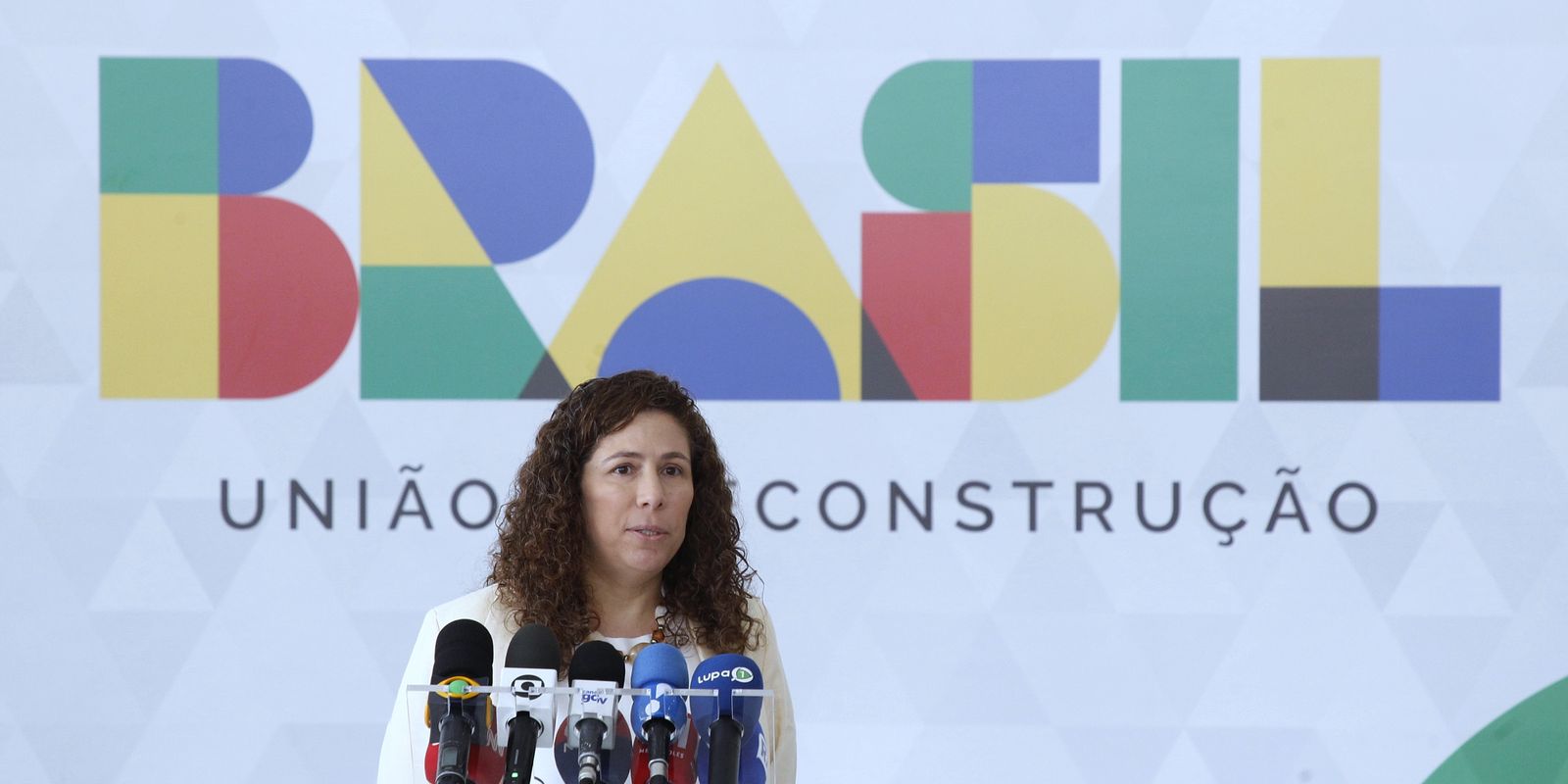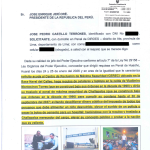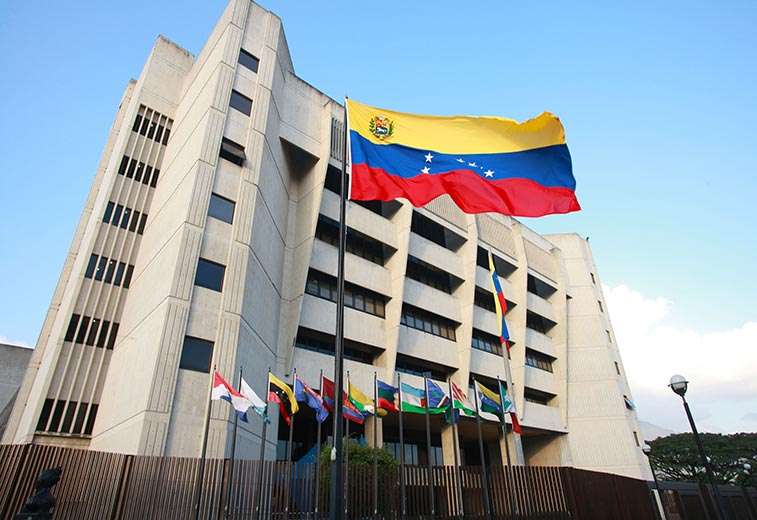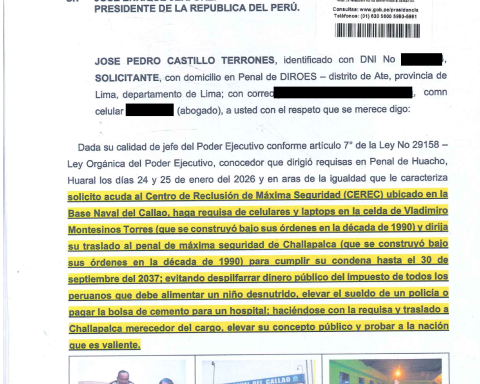President Luiz Inácio Lula da Silva signed, this Monday (9), three decrees with the aim of restructuring the governance of Brazilian state-owned companies and their business models. In addition to increasing companies’ productivity and efficiency, the government hopes to reduce the financial dependence of state-owned companies on the federal budget.
The documents were signed after a ministerial meeting at Palácio do Planalto, in Brasília, and should be published in the Official Gazette of the Union this Tuesday (10). The Minister of Management and Innovation in Public Services, Esther Dweck (photo), explained that the decrees were designed to modernize the management of state-owned companies.
“The focus, obviously, is on companies that have financial issues, also discussing companies dependent on the budget. Our biggest concern is precisely to improve the capacity of these companies to generate value for Brazilian society, increase their financial sustainability and be able to think about remodeling their business models”, he stated.
Brazil has 44 state-owned companies controlled by the Union. In 2023, they generated 5.75% of the Gross Domestic Product (GDP), with a combined profit of R$197.8 billion, with R$128.1 billion distributed to shareholders.
Esther Dweck highlighted that the government is evaluating, in the short term, changes to the business model of at least 15 state-owned companies with the aim of reducing their dependence on the National Treasury. On the other hand, the minister considered that not all companies can be financially independent from the State.
“Not all companies will become independent. Ebserh herself [Empresa Brasileira de Serviços Hospitalares]which was a company [criada] to manage university hospitals in Brazil, is not available to become independent. It’s not that. But Ebserh itself, as well as Conab [Companhia Nacional de Abastecimento]Codevasf [Companhia de Desenvolvimento dos Vales do São Francisco e do Parnaíba]you can increase your revenue”, he stated.
Business models
One of the decrees provides for the creation of the State-Owned Companies Governance and Modernization Program (Inova). Coordinated by the Ministry of Management and Innovation in Public Services (MGI) and with the participation of state-owned companies and the ministries linked to them, the program should help companies find new business models.
“We have a technical cooperation agreement with the company and with the company’s supervisory ministry for consultancy to think about business remodeling,” said the minister.
The Secretary of Coordination and Governance of State Companies (Sest), Elisa Vieira Leonel, cited the case of Correios, which already has a mapping of services that would bring new revenue.
“They would bring revenue to support the cost of universalizing the Post Office. [Esses mapeamentos] were interrupted in the privatization process, when the company was in the privatization program. So, the idea is that we look at these potential businesses again”, highlighted Elisa.
Imbel and Ceitec
Minister Esther Dweck also cited the case of the Brazilian War Material Industry (Imbel), which, because it is dependent on the Treasury, cannot carry out contracts to help it become financially independent.
“The company says that if it manages to have money for inputs, with a contract worth R$300 million, it can generate revenue of R$2.5 billion. So, she cannot get out of dependence because she is dependent”, highlighted Esther.
Another company whose business model the government has discussed is Ceitec, the state-owned semiconductor company that was put up for liquidation under the previous government, but was resumed under the current Lula government.
“It is also one of those companies with enormous revenue potential, but limited by being dependent on the Treasury. Therefore, with a difficulty in inputs and investments to be able to get out of their condition of dependence”, said Esther.
According to the decree, the Inova program must design measures that seek sustainable national development and the reduction of social and regional inequalities; economic efficiency and competitiveness; increased productivity, national sovereignty; strengthening research and innovation; and quality in the provision of public services.
The program also provides for the hiring of teaching and research institutions to support state-owned companies, in addition to planning and executing actions for the technical improvement of company managers and employees, among other measures to improve the governance of state-owned companies.
Sisest
Another decree signed by President Lula provides for the creation of the Governance and Ministerial Supervision Coordination System for Federal State Companies (Sisest), which must be formed by the 16 ministries that supervise Brazilian state-owned companies.
“With Sisest, the government will have an integrated view of the operations of state-owned companies, which will allow it to quickly identify opportunities for improvement”, argued MGI.
The system must create a collaborative network to develop standards of quality and rationality in ministerial supervision of the governance of state-owned companies, with actions and policies to improve the management of companies and monitor compliance with the objectives established in the acts of incorporation of state-owned companies.
The third decree signed by President Lula restructures the current Interministerial Commission for Corporate Governance and Administration of Corporate Interests of the Union (CGPAR), which sets guidelines for the actions of federal companies.
“The State Law of 2016 made some provisions of the decree that created the CGPAR in 2007 obsolete, including the composition of the commission, which no longer aligns with the current ministerial structure”, explained the Management and Innovation department.
Composed of representatives from the MGI, the Ministry of Finance and the Civil House, the new commission must, among other duties, approve the guidelines and strategies relating to the Union’s shareholding in state-owned companies; express opinions on the acquisition and sale of Union shares, in addition to establishing general guidelines for negotiating collective work agreements, administrators’ remuneration and distribution of dividends.

















